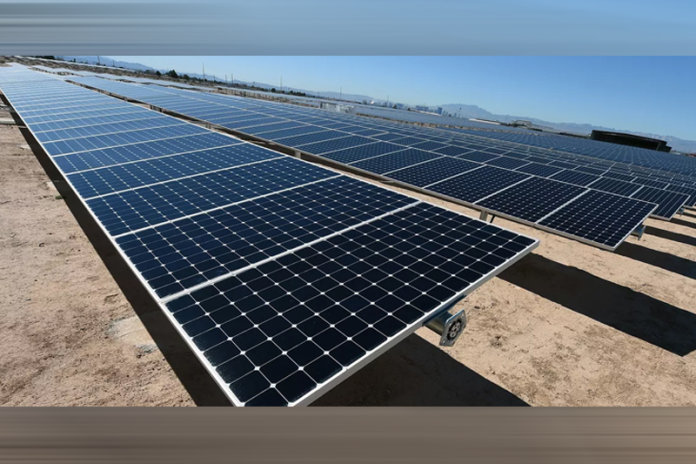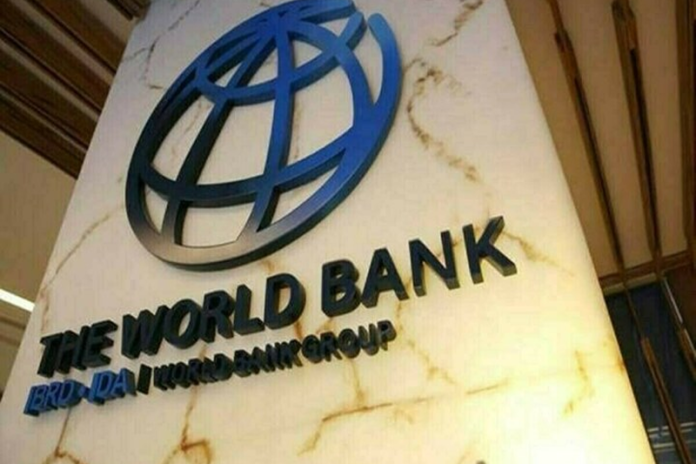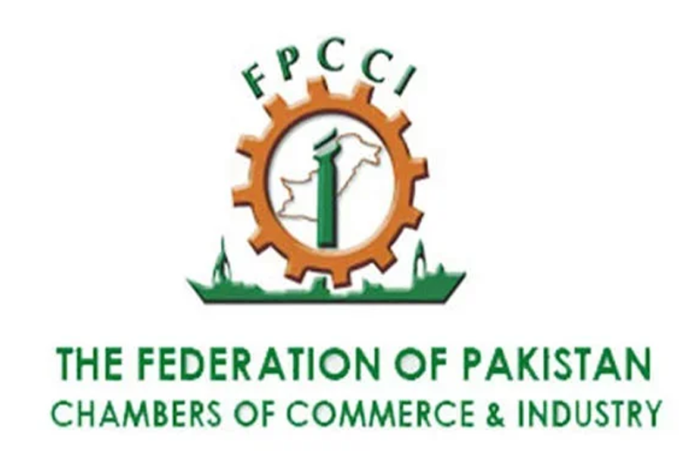Features of sole proprietorship (PART 1)

- 239
- 0
Sole proprietorship forms by far the most common form of business ownership for start ups. Numerous ways of starting businesses are available to entrepreneurs but still this is most preferred. Several reasons can be attributed to this situation. These reasons could include the autonomy one requires. As opposed to partnership and companies that may limit the freedom with which one operates, sole proprietorship allows the business man independence.
A sole proprietorship is a business owned and controlled by a single individual. It is a simple type of business to set up, as well as simple to terminate. The proprietor has the freedom to determine operating hours, what services or goods to provide, where it operates, and what contracts to enter into without needed to consult another party.
Features of Sole Proprietorship
The salient features of sole proprietorship form of organization are as under:
LACK OF LEGAL FORMALITIES: A sole proprietorship does not have a separate law to govern it. And so there are not many special rules and regulations to follow. Furthermore, it does not require incorporation or registration of any kind. In fact, in most cases, we need only the license to carry out the desired business.
And just like in its formation, there is hardly any legal process involved in its closure. All in all, it allows for ease of doing business with minimum hassles.
PERSONAL ORGANIZATION OR COMMON IDENTITY: A sole trader ship concern has no separate legal entity independent of the owner. The owner and the business concern are one and the same. The owner owns everything the business owns and he owes everything the business owns.
CAPITAL: In sole trader ship, the capital is employed by the owner himself from him personal resources. He may also borrow money form his friends and relatives if he cannot depend solely on his personal resources.
LIABILITY: Since there is no separation between the owner and the business, the personal liability of the owner is also unlimited. So if the business is unable to meet its own debts or liabilities, it will fall upon the proprietor to pay them. For instance, he may have to sell all of his personal assets (like his car, house, other properties etc) to meet the debts or liabilities of the business.
RISK AND PROFIT: The business owner is the only risk bearer in a sole proprietorship. Since he is the only one financially invested in the company. As a result, he must also bear all the risk. In other words, if the business fails or suffers losses he will be the one affected. However, he also enjoys all the profits from the business. He does not have to share his profits with any other stakeholders since there are none. So he must bear the full risk in exchange for enjoying full
No Special Legislation. Sole tradership is not governed by any special legislation. A partnership firm is governed by the Partnership Act, a joint stock company is governed by the Companies Act and co-operative society by the Co-operative Societies Act. Any person who is competent to contract can start his business as a sole trader. However, he is subject to the common law, the law of contract and the law of insolvency.
CONTINUITY: As seen above the business and the owner has one identity. So a sole proprietorship is entirely dependent on its owner. The death, retirement, bankruptcy. insanity, imprisonment etc will have an effect on the sole proprietorship. In such situations, the proprietorship will cease to exist and the business will come to an end.
MINIMAL FORMALITY: Another key feature of a sole proprietorship is that there is minimal formality. Unlike other business structures, sole proprietorships have very few reporting requirements. There are very few documents needed for registration and also very few ongoing reporting documents needed.
A sole proprietor will only need to:
apply for and use an ABN;
use your individual tax file number to file a tax return;
report your income and business income and expenses;
register to pay Goods and Services Tax (GST) if the annual GST turnover is greater than $75,000;
pay income tax at the end of the year;
claim a deduction for any personal super contributions; and
pay your employees’ wages and super contributions.
CONTROL: The sole proprietor is the only owner of the firm and has full control over its business. All the rights, responsibilities, and decisions are in the hands of the owner himself. No one can interfere in the business without the permission of the owner.
Sole Proprietorship in simple words is a one-man business organisation. Furthermore, a sole proprietor is a natural person (not a legal person/entity) who fully owns and manages this type of entity. In fact, the business and the man are the same, it does not have a separate legal entity.
In addition, a sole proprietorship usually does not have to be incorporated or registered. Thus, it is the simplest form of business structure and the ideal choice to run a small business or medium scale business.
Published in The Daily National Courier, February, 09 2023
Like Business on Facebook, follow @DailyNCourier on Twitter to stay informed and join in the conversation.

















































